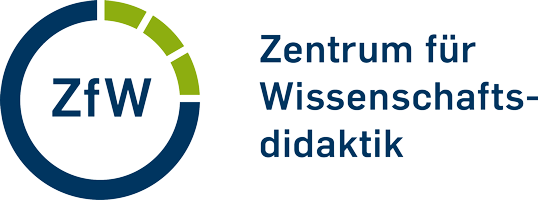Central Principles of Teaching and Learning in Higher Education: Feedback (Basics)
Datum
- 29. Nov. 2024
- Abgelaufen
Uhrzeit
- 9:00 - 17:00
Moderation
Miriam Gertzen
Wo?
- Online
Was?
A lively and open feedback culture has a considerable effect on student learning (cf. Hattie) and does not only comprise feedback that lecturers provide to students regarding a specific task the students have performed but, moreover, also includes feedback that students direct at their lecturers concerning e.g. the course and lesson structure. Understood in this way, feedback represents a comprehensive and reciprocal communication process in which lecturers and students discuss and negotiate multiple aspects of teaching and learning. Feedback thus constitutes a valuable tool to enable agency for all parties involved in the teaching and learning process. In this workshop, we will examine the significance of feedback as well as different dimensions and levels of feedback. Furthermore, we will try out and discuss a range of feedback methods. Finally, we will identify factors that are beneficial for building and establishing an open, reciprocal feedback culture.
Learning Outcomes
At the end of the course the participants…
- can explain the significance of feedback for student learning and for developing one’s teaching style as a lecturer
- can identify possibilities for productively integrating feedback phases into their courses and how to implement these via using a range of didactic methods
- can identify, explain and implement factors that help to create an open feedback culture
This Workshop is a part of our new workshop series “Central Principles of Teaching and Learning in Higher Education”. Central Principles of Teaching and Learning in Higher Education addresses international lecturers who teach at universities in NRW.
Registration
In order to register for one or more workshops, please e-mail to highereducation@hd-nrw.de and include
- the workshop(s) you would like to register for
- your name
- your university
- your faculty
- your department
Registration starts on Monday, September 02. Registrations received before that date will not be taken into consideration.
Registration is limited to 30 persons per workshop and a maximum of four people per university. Hence early registration is recommended.
Registration deadline is a week before each workshop.


